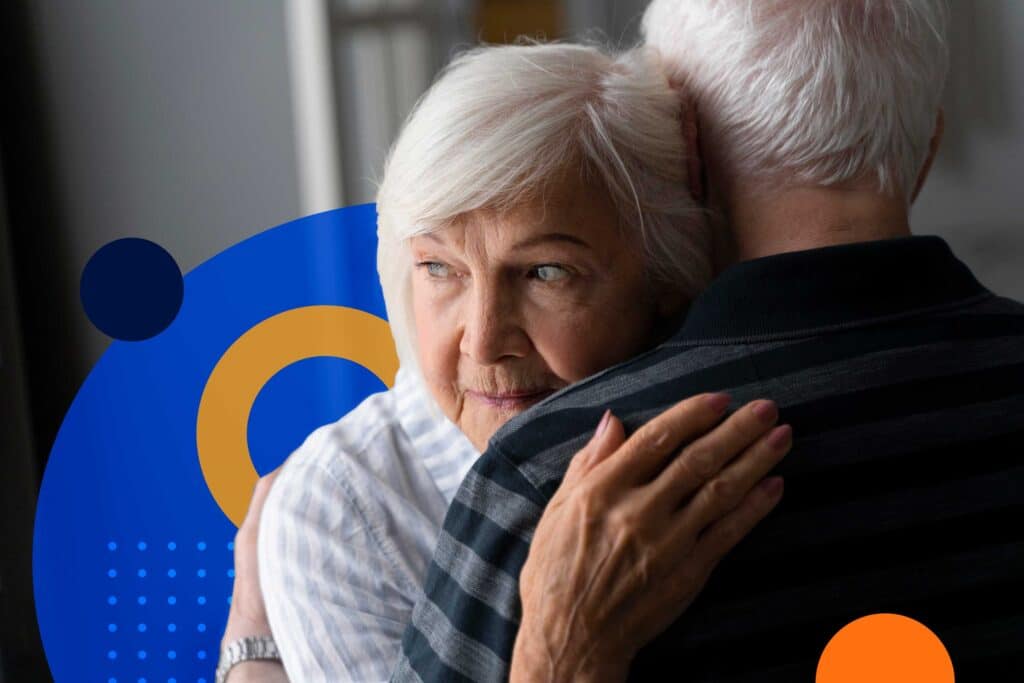Blog
Dementia Awareness Month

This month marks Dementia Awareness Month around the world. This is an important time for us all to talk about and raise much needed awareness when it comes to this devastating condition.
However, the reality is that for many people, dementia is something they are living with every single day of the year. And so do their families, and the people who care for them. Dementia also has a far-reaching impact on our entire communities and our healthcare system.
What is dementia?
Dementia is not one specific disease. It is an umbrella term describing a group of conditions characterised by impairment of at least two brain functions, such as memory loss and judgement.
Symptoms include forgetfulness, limited social skills and thinking abilities so impaired that it interferes with daily functioning.
Medication and therapies may help manage symptoms, and some causes of dementia are reversible. Currently, however, there is no “cure” for dementia.
Dementia statistics
Here are some key facts on dementia in Australia:
What are the symptoms of dementia?
Dementia symptoms vary depending on the cause, but common signs and symptoms include:
Cognitive changes
- Memory loss, which is usually noticed by someone else
- Difficulty communicating or finding words
- Difficulty with visual and spatial abilities, such as getting lost while driving
- Difficulty reasoning or problem-solving
- Difficulty handling complex tasks
- Difficulty with planning and organising
- Difficulty with coordination and motor functions
- Confusion and disorientation
Psychological changes
- Personality changes
- Depression Anxiety
- Inappropriate behaviour
- Paranoia
- Agitation
- Hallucinations
Can you prevent dementia?
Being brain healthy is relevant at any age, whether you are young, old or in between. However, it is particularly important once you reach middle age as this is when changes start to occur in the brain.
While we cannot change getting older, genetics or family history, scientific research suggests that changing certain health and lifestyle habits may make a big difference to reducing or delaying your risk of developing dementia.
There are 12 recommendations for reducing risk for cognitive decline released by the World Health Organisation:
Be physically active
Stop smoking
Eat a balanced diet, like the Mediterranean diet
Drink alcohol in moderation
Cognitive training
Be socially active
Look after your weight
Manage any hypertension
Manage any diabetes
Manage any cholesterol
Manage depression
Look after your hearing and manage hearing loss
For more information about dementia prevention, management and support in Australia, visit the Fight Dementia website.
The importance of carers
The level of care required for people with dementia depends on the stage of their dementia and will vary depending on individual circumstances. However, we know the level of care required will increase as the disease progresses.
Carers are the backbone of dementia management in Australia. Carers are people who provide ongoing, informal assistance (help or supervision) to people with disability or older people. They are the backbone of dementia care in our community, and they play a pivotal role in Australia’s aged care, healthcare, disability and social systems.
At AlayaCare, we create vital technology that supports careworkers and care organisations cross Australia and New Zealand. Read about how AlayaCare supports dementia carers in both the residential and home care settings here.


